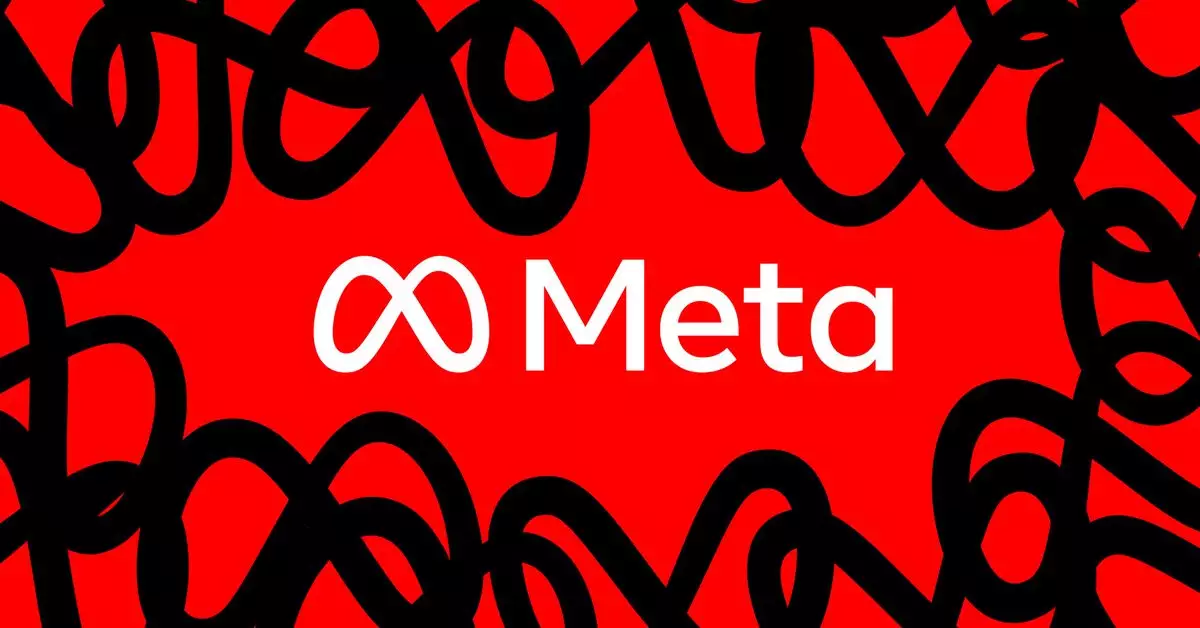Meta, the parent company of Facebook, is contesting a fee imposed by EU regulators for the enforcement of content moderation rules under the Digital Services Act (DSA). The fee, which is capped at 0.05 percent of a company’s profits, has raised concerns as loss-making companies are exempted from payment. Meta argues that this creates an unfair burden, with profitable companies like itself bearing a disproportionate share of the costs. In this article, we will delve into the details of Meta’s challenge and the implications it may have on the enforcement of the DSA.
According to Ben Walters, Meta’s EMEA policy comms spokesperson, the company disagrees with the methodology used to calculate the fees imposed on VLOPs (very large online platforms) under the DSA. Currently, companies that record a loss are exempted from paying the fee, even if they have a large user base or pose a greater regulatory burden. Meta contends that this system results in certain companies paying nothing, while others, such as itself, have to shoulder a significant portion of the total enforcement costs.
Under the DSA, the 20 companies designated as VLOPs are responsible for funding the EU’s enforcement of the new content moderation rules. Meta has been classified as a VLOP due to its 45 million monthly active users in the EU. The enforcement costs are distributed based on the number of users, with companies that have more users paying a higher share. However, if a company is unprofitable, it is exempted from payment. This means that Meta and Alphabet, Google’s parent company, are expected to contribute approximately three quarters of the annual enforcement bill, amounting to €11 million and €22.1 million respectively.
Although the fee is capped at 0.05 percent of a company’s annual global profits in 2022, some companies, like Amazon and X, may pay nothing despite utilizing EU resources for DSA compliance. Amazon and X, formerly known as Twitter, are under investigation for potential violations of the DSA’s rules. X is specifically being scrutinized for its handling of illegal content related to Hamas’ attacks against Israel. This exemption for unprofitable companies raises concerns regarding the fairness and effectiveness of the fee structure.
Meta has initiated a legal challenge against the fee imposed by EU regulators. In response, the European Commission stated that companies have the right to appeal, but affirmed the validity of their decision and methodology. The Commission expressed its intent to defend its position in court. It is worth noting that Meta is not alone in challenging the DSA. Amazon and Zalando have also contested their classification as VLOPs, but their challenges pertain to their designations rather than the specific fees.
The DSA came into force in the previous year, and companies are required to comply with its regulations by February 17th. Failure to comply could result in fines of up to 6 percent of their annual revenue or even a ban from operating within the EU. Therefore, companies are facing a significant deadline and need to assess their compliance status carefully to avoid potential penalties.
Meta’s challenge to EU regulators over the content moderation fee highlights the complexities of implementing regulations on large online platforms. The dispute raises concerns about a fair distribution of costs and the potential impact on other companies subject to the DSA. As the legal battle unfolds, it remains to be seen how EU regulators will address the issues raised by Meta and other companies challenging the DSA. With the enforcement deadline approaching, businesses must navigate the regulatory landscape and ensure compliance to avoid substantial penalties.


Leave a Reply